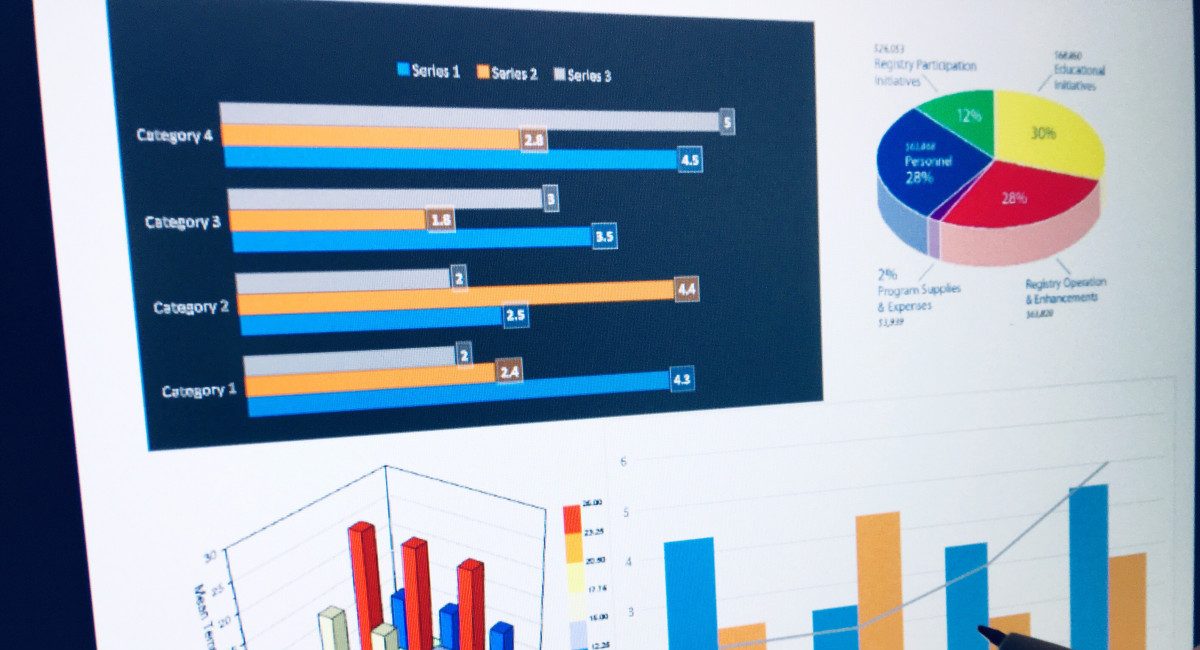Privacy in the Smart Home: A Balancing Act
Privacy in the Smart Home: A Balancing Act The advent of the smart home has ushered in a new era of convenience and comfort. From voice-activated assistants to self-adjusting thermostats, these interconnected devices have transformed the way we live. However, this technological revolution has also raised significant concerns about privacy. As our homes become increasingly digitized,...













